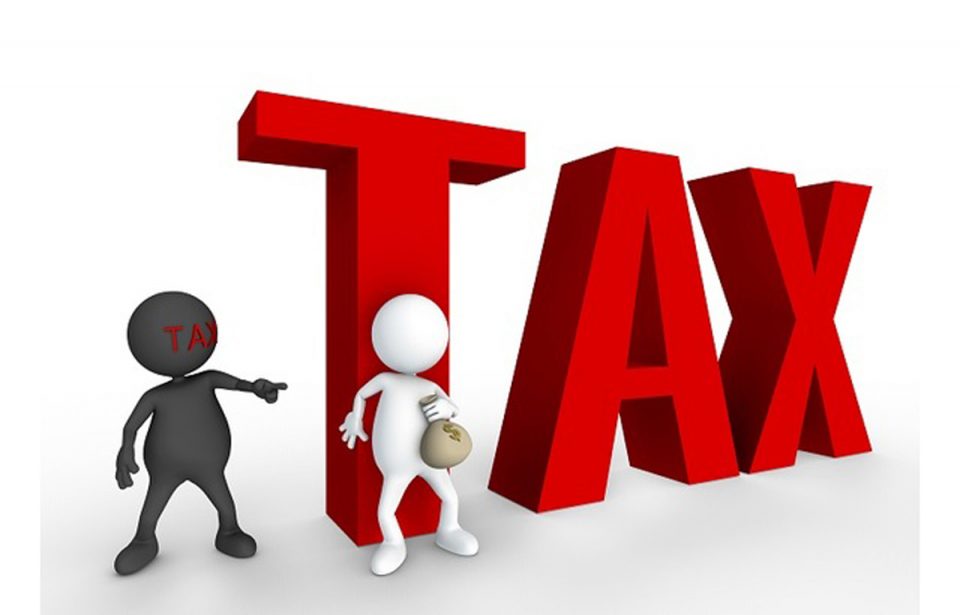Some stakeholders have called on the Federal Government to ensure reduction of taxes on companies in the oil and gas sector to indigenous companies to grow.
The stakeholders spoke on Tuesday at the ongoing 9th Practical Nigerian Content Forum with the theme, “Leveraging Local Expertise for Market Growth and Expansion”, and holding in Yenagoa.
Mr wale Olafisan, the Group Managing Director of Amni International Petroleum Development Company said numerous taxes in the industry adversely affected the development of indigenous companies.
Represented by Mr Tijani Adewale, a Director in the company, Olafisan identified the taxes as Value Added Tax, Nigeria Content Development and Monitoring Board, tax, NDDC tax, among others.
“We need to support the indigenous companies and encourage them to contribute to the growth and development of the country,” he said.
He called on government to ensure good governance in the sector to enable it to compete globally.
He said that world’s future was on gas and that it was necessary that Nigeria adopted good policies to rive gas development.
“Government must look at gas production critically and prioritise its development.
“We have huge deposits of gas in the country and must take its development very seriously.
“We must support indigenous companies, especially those that want to be involved in the upstream sector,” he added.
Mr Victor Okoronkwo, the Managing Director, Aiteo Exploration and Production Limited, said that ensuring local content would help the growth of the sector.
He said that indigenous companies, such as Aiteo, had so many challenges affecting their development.
According to him, apart from taxes, constant attacks on its facilities remain a big challenge.
“We witness constant vandalism, thereby interrupting our operations and in turn an economic sabotage.
” In 2019, we have rerecorded substantial shutdown, we have a cumulative of two months shutdown and it has negative impact on the revenue of the company and the economy,’’ Okoronkwo said.
He added that the company recorded crude loss of 25 per cent to 35 per cent “between what is injected to the facility and what is received at the terminal”.
He said the company had lost four million barrels of crude through damage on pipelines and other facilities during the year.




